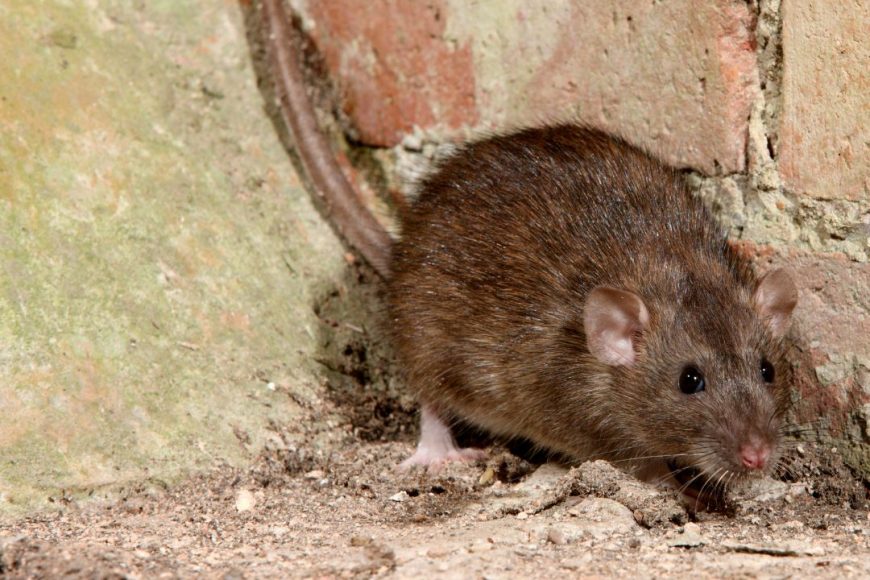Fill out the form below and a Cypress Creek representative will be in touch with you about your pest control needs.
BLOG

Norway Rat Can Cause Disease
The Norway rat, also known as Rattus norvegicus, is the most common rat pest infesting homes in the United States. It is also the second most common rodent species found in infestations, after the house mouse, or Mus musculus. The Norway rat is also more common in urban centers and suburban neighborhoods than its competitor, the roof rat or R. Rattus.
Both the Norway and the roof rat are spread throughout the world, and both of them arrived in the US in the 1700s via colonial ships. In fact, Norway rats are so well-established in human settlements that it is hard to determine what their original natural habitat is. However, there is some evidence to suggest that Norway rats originate from eartern or central Asia.
When it comes to diseases, the CDC estimates that rats are responsible for the transmission of at least 35 of them. They manage to spread these diseases through their saliva, urine, feces, and through direct contact with food or humans. The diseases are also spread through other pests and parasites such as mites, fleas and ticks from rats to humans, and these are the more dangerous diseases such as leishmaniasis, multiple typhus and encephalitic infections, and the plague.
Norway rats infest any structure they can find year round, but infestations start to spike during autumn, when the rats are looking for shelter from the cold. If they cannot find a suitable nest location, they will burrow underground and build one there, especially in areas where food is plentiful outside. Given this propensity for burrowing, they will often seek access into a building through underground tunnels. Even more horrifying, they are excellent swimmers and they do not mind sewage, which increases their disease spreading capabilities, and which allows them to enter buildings through the toilet.
Since rats are one of the truly dangerous pests due to the diseases they spread, it’s best to identify an infestation and remove it quickly. If you notice any of the signs that your home may be infested, signs such as droppings, oil stains on your carpet or walls, or even a live rat in your home, you have to get in touch with a pest control specialist as soon as possible. Contact us today for more information on rat infestations or to set up a pest control appointment for your building.

